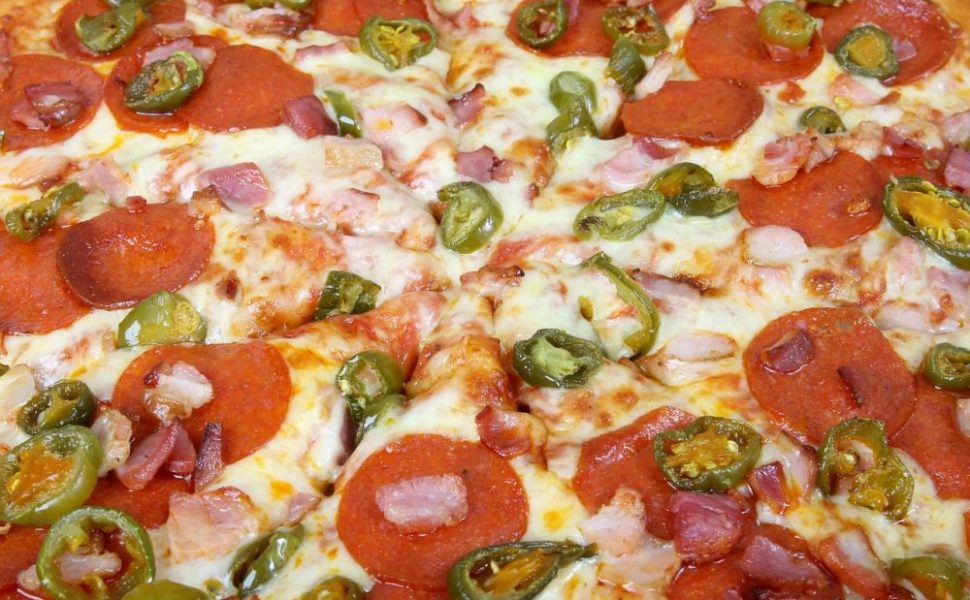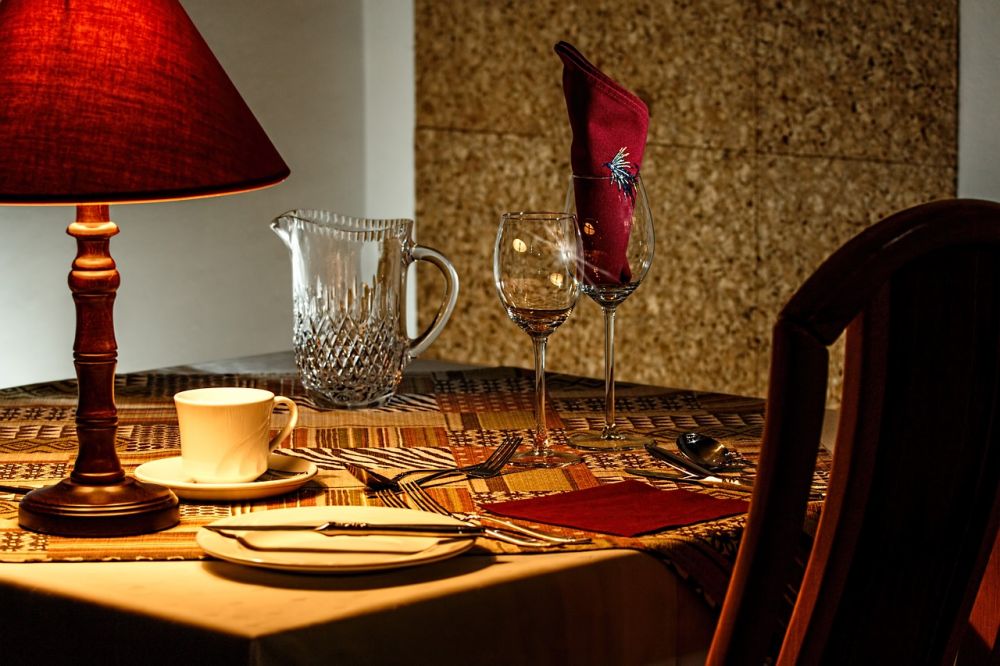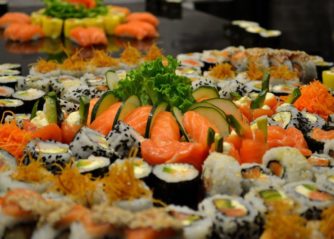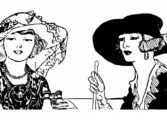Middag – A Journey Through Time and Taste

Introduction
Middag, an integral part of our daily lives, holds a special place in our hearts and stomachs. It is a time when friends and family gather around the table to share not only food but also stories, laughter, and love. In this article, we delve into the essence of dinner, exploring its historical significance and its evolution over time. Whether you are a culinary enthusiast or simply intrigued by the concept of dinner, this read promises to satiate your curiosity.
The Importance of Dinner

Dinner is the main meal of the day for many cultures around the world. It typically occurs in the late afternoon or early evening and serves as an opportunity for people to take a break from their daily activities and refuel both physically and mentally. The significance of dinner goes beyond satisfying our hunger; it is a time for connection and bonding. Sharing a meal with loved ones fosters stronger relationships, provides a sense of belonging, and promotes a healthy lifestyle.
A Historical Journey
Dinner, as we know it today, has a rich and diverse history that dates back centuries. In ancient times, dinner was not just a meal but also a social gathering. People would gather in communal spaces to enjoy food together, strengthening their community bonds. As civilizations evolved and social classes emerged, dinner became a way to display wealth and power. Lavish feasts were organized by rulers and aristocrats, showcasing their opulence through extravagant dishes and elaborate table settings.
During the Middle Ages, dinner traditions varied across regions. European nobility indulged in elaborate banquets featuring multiple courses, while commoners had simpler meals consisting of bread, cheese, and ale. With the dawn of the Renaissance, dinner transformed into an art form. It became a way for the upper classes to display their refined tastes and sophistication. French cuisine, with its intricate preparations and delicate flavors, gained prominence during this period.
The Industrial Revolution brought about significant changes in dinner culture. As people moved from rural areas to cities, dinner became more structured and time-bound due to industrial work schedules. The concept of family dinner emerged, reflecting a shift towards nuclear family units. Preserving family values and fostering unity became central to the dinner ritual.
Dinner Today
In the modern era, dinner has adapted to accommodate the fast-paced lifestyles of individuals. While some still prioritize having dinner with family and friends, others opt for convenient options like takeout or dining out. Additionally, the advent of technology has transformed the way we approach dinner. Virtual dinner parties and food delivery apps have revolutionized the dining experience, ensuring that the joy of sharing a meal transcends physical boundaries.
Structured Text for Featured Snippet:
– The importance of dinner:
– Dinner as the main meal of the day.
– Time for physical and mental refueling.
– Opportunity for connection and bonding.
– A historical journey of dinner:
– Communal gatherings in ancient times.
– Dinner as a display of wealth and power.
– Renaissance: dinner as an art form.
– Dinner in the Industrial Revolution: shift towards family unity.
– Dinner today:
– Adaptation to modern lifestyles.
– Family dinner vs. convenient options.
– Technological advancements in dining experience.
In conclusion, dinner encompasses not only the act of eating but also the social, cultural, and historical aspects associated with it. It has evolved significantly over time, reflecting the changing dynamics of society. Whether enjoyed in the comfort of one’s home or in a bustling restaurant, dinner holds the power to nourish both our bodies and souls. So, gather around the table, savor each bite, and appreciate the timeless tradition of dinner. Bon appétit!
References:
– [Insert relevant references/sources here]
















































